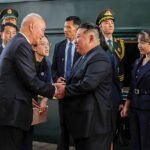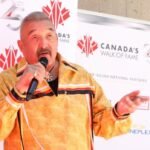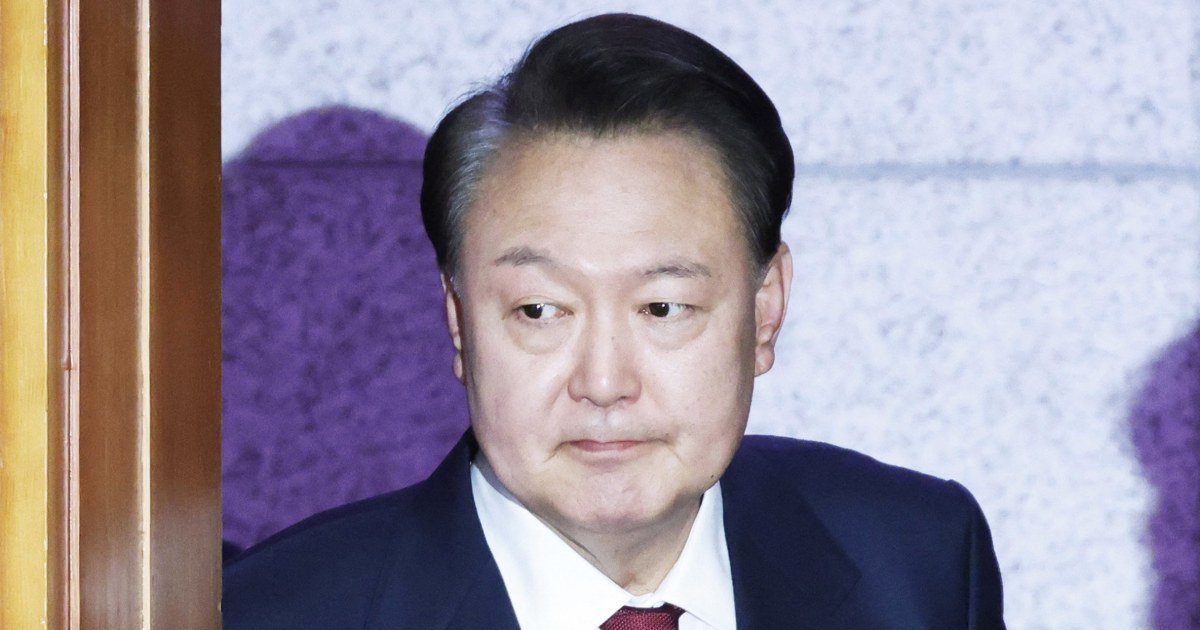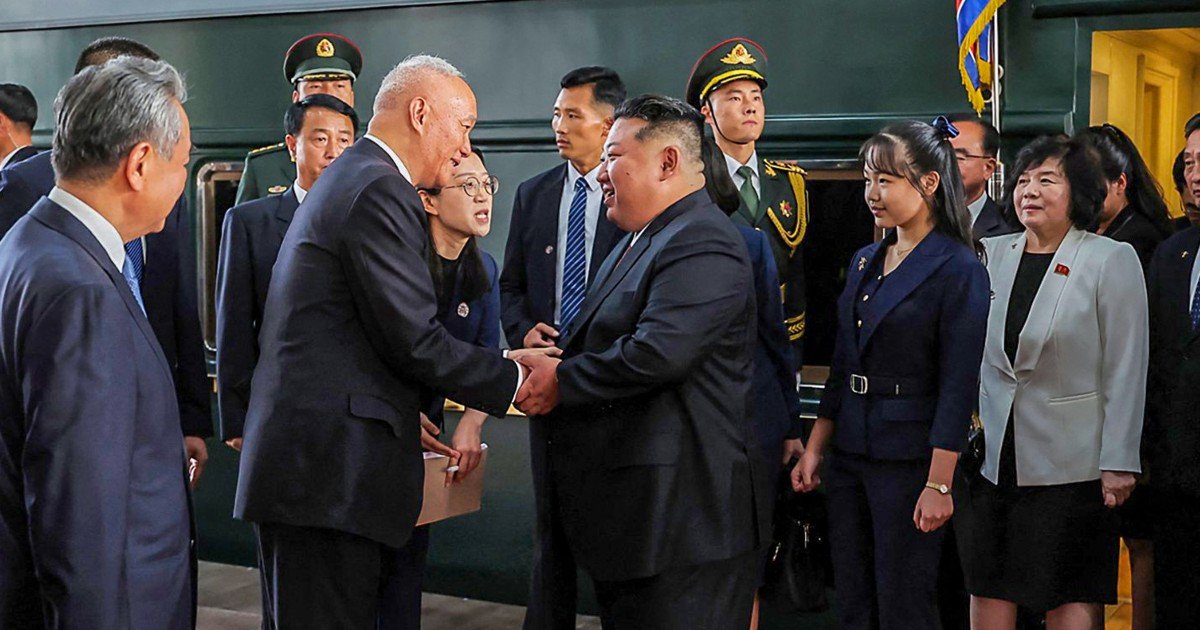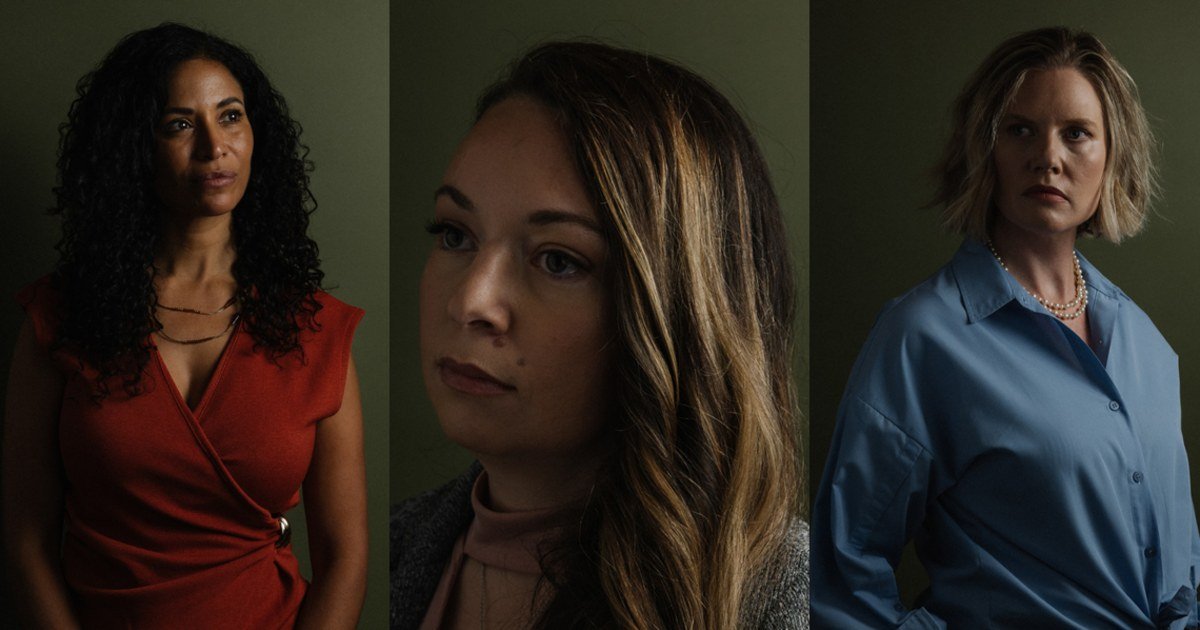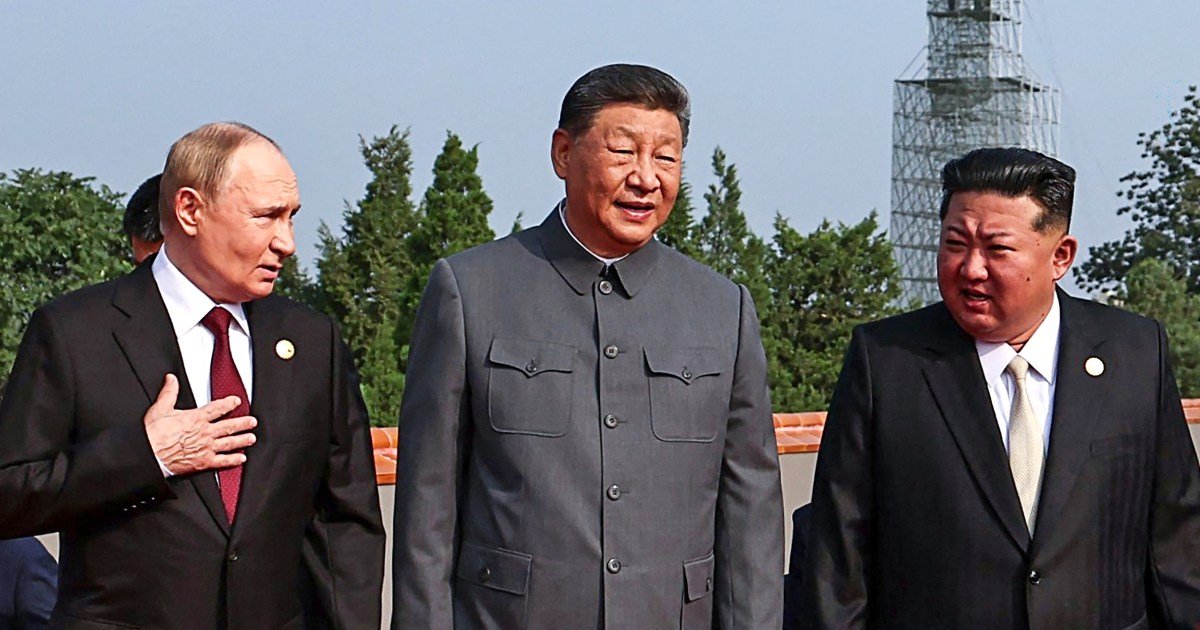SEOUL, South Korea – South Korean anti-corruption officials on Thursday requested that prosecutors charge President Yoon Suk Yeol with insurrection and abuse of power over his brief declaration of martial law.
The Corruption Investigation Office for Senior Officials (CIO) named Yoon, the first sitting president arrested in South Korea’s history, as the ringleader of an insurrection that also included his defense minister at the time.
Dramatic events in recent weeks have plunged South Korea into a political crisis that has dragged down the economy and raised concerns among allies, including the United States, about the country’s political stability.
Yoon, impeached and suspended from power on Dec. 14, has been jailed since last week pending an investigation into his Dec. 3 attempt to impose martial law, a move that shocked the nation even though it was revoked. in a matter of hours by parliament.
The CIO was established in 2021 as an independent anti-corruption agency to investigate high-ranking officials, including the president and his relatives, and has led a joint team involving the police and the Ministry of Defense, while prosecutors carry out your own research.
Under the law, the CIO can only investigate the president, not prosecute him, and must refer any case to prosecutors for further action.
The CIO has said Yoon’s detention will end around Jan. 28, but they expect prosecutors to ask the court to extend it for another 10 days before formally charging the president.
The Supreme Prosecutor’s Office declined to comment.
Prosecutors have already charged Yoon’s then-Defense Minister Kim Yong-hyun with insurrection. Officials charged so far also include the heads of the Capital Defense Command, Defense Counterintelligence Command, Seoul police and the national police commissioner.
Since his arrest on January 15, Yoon has refused to speak to CIO investigators and defied their subpoenas.
Lee Jae-seung, deputy director of the CIO, said it would be more “efficient” for prosecutors to take over the investigation before charging Yoon, citing the president’s refusal to cooperate.
“Although the suspect is under serious allegations that he was the ringleader of an insurrection, he remains uncooperative to this day, is unresponsive to criminal justice procedures and refuses our interrogation,” Lee said at a briefing. .
He said investigators had obtained testimony from several military officials about Yoon allegedly trying to arrest politicians and mentioning a second martial law order. Yoon and his lawyers denied these allegations.
Yoon, a high-ranking prosecutor before becoming president, now finds his criminal case in the hands of prosecutors from that same world, although it is unclear how close his current ties are.
Yoon’s lawyers have repeatedly said the CIO has no authority to handle his case since the law stipulates a broad list of high-ranking officials and violations it can investigate, but does not mention any insurrection.
A Seoul court ruled against Yoon’s lawyers when they tried to use that argument to prevent his arrest.
Yoon’s team also said that any criminal investigation should be carried out after the Constitutional Court decides whether to remove Yoon from office in its separate trial over his impeachment.
The lawyers reiterated their position Thursday and said they will hold the CIO accountable for what they called its illegal investigation, while calling on prosecutors handling the case to follow the law.
In comments made Tuesday to the Constitutional Court, Yoon denied ordering troops to remove lawmakers from parliament or asking the finance minister to prepare a budget for an emergency legislative body.
Insurrection, the crime for which Yoon can be charged, is one of the few against which a South Korean president has no immunity and is technically punishable by death. South Korea, however, has not executed anyone in almost 30 years.
Yoon attended another Constitutional Court hearing in his impeachment trial on Thursday afternoon.
His lawyers repeated the president’s earlier argument that he had never intended to fully impose martial law but had intended the measures as a warning to break the political deadlock.
In his first public appearance since attempting suicide in jail last month, former Defense Minister Kim appeared as a witness at Thursday’s hearing and argued that the small number of troops mobilized showed that Yoon was not serious about imposing the military control.

